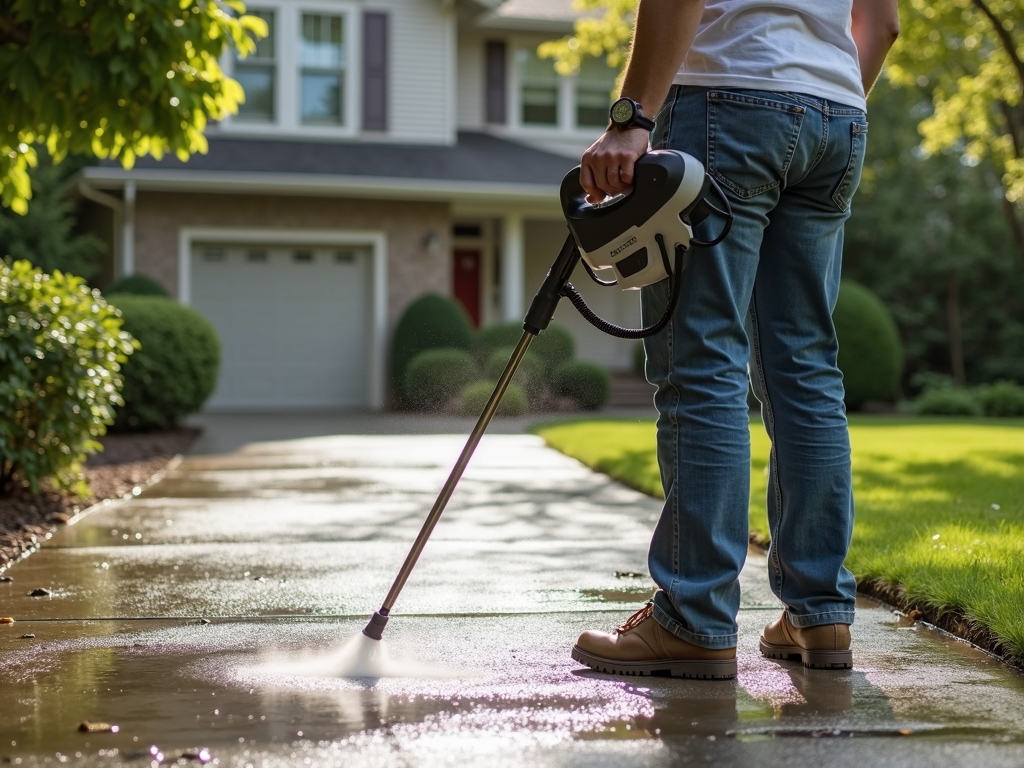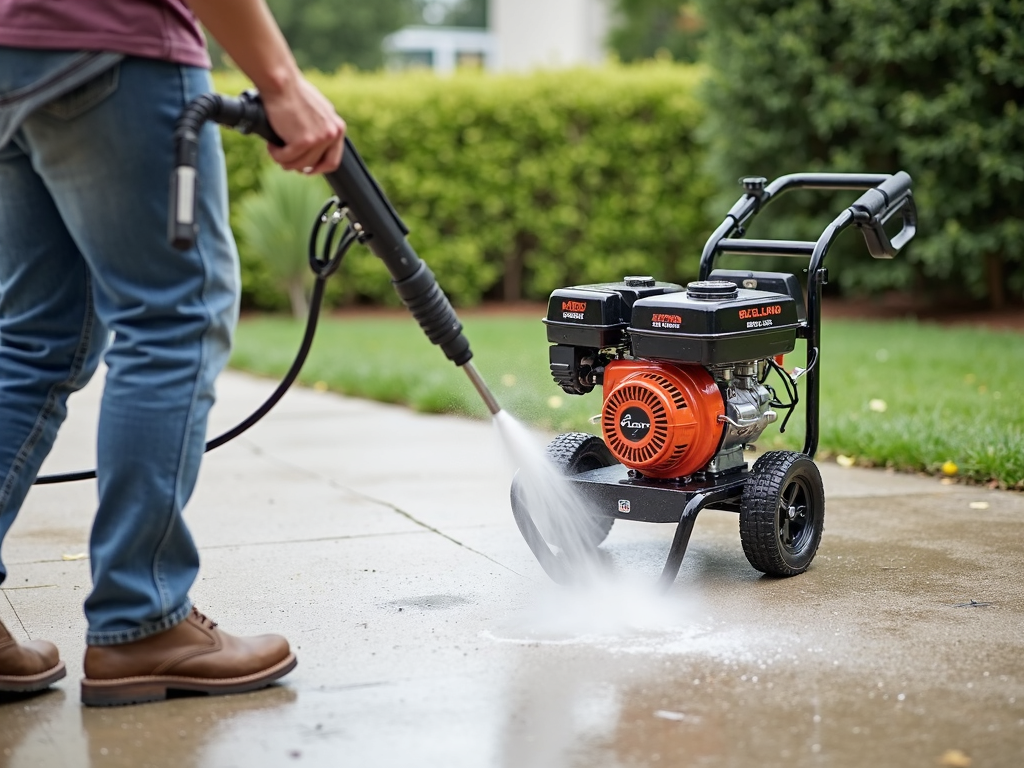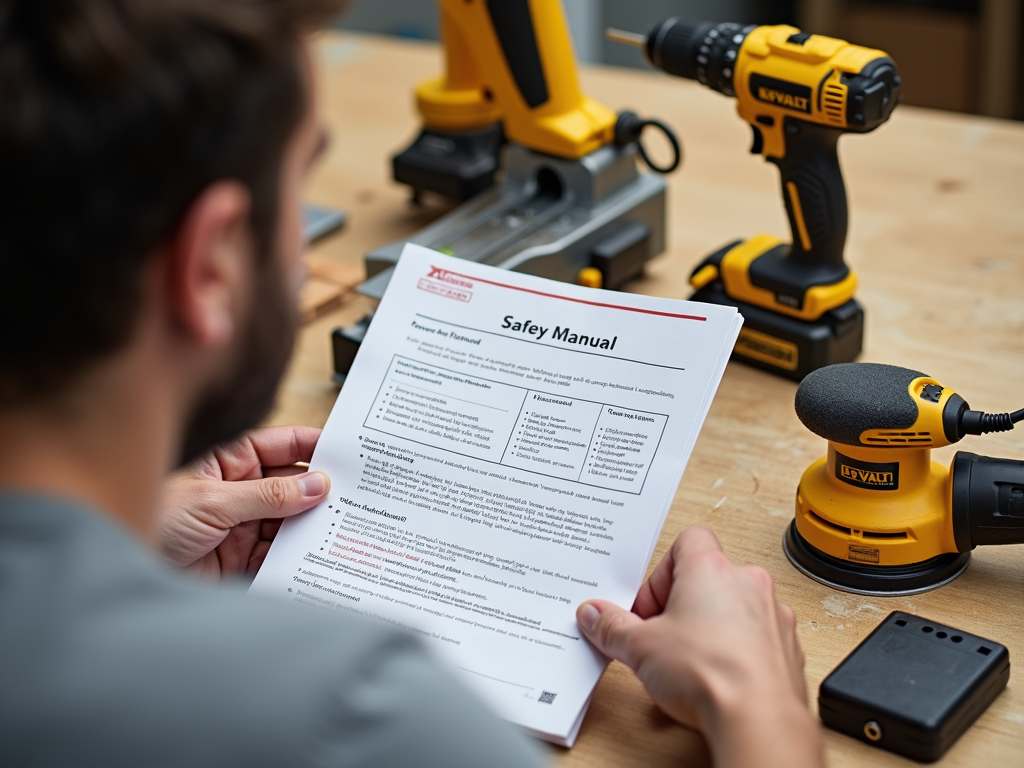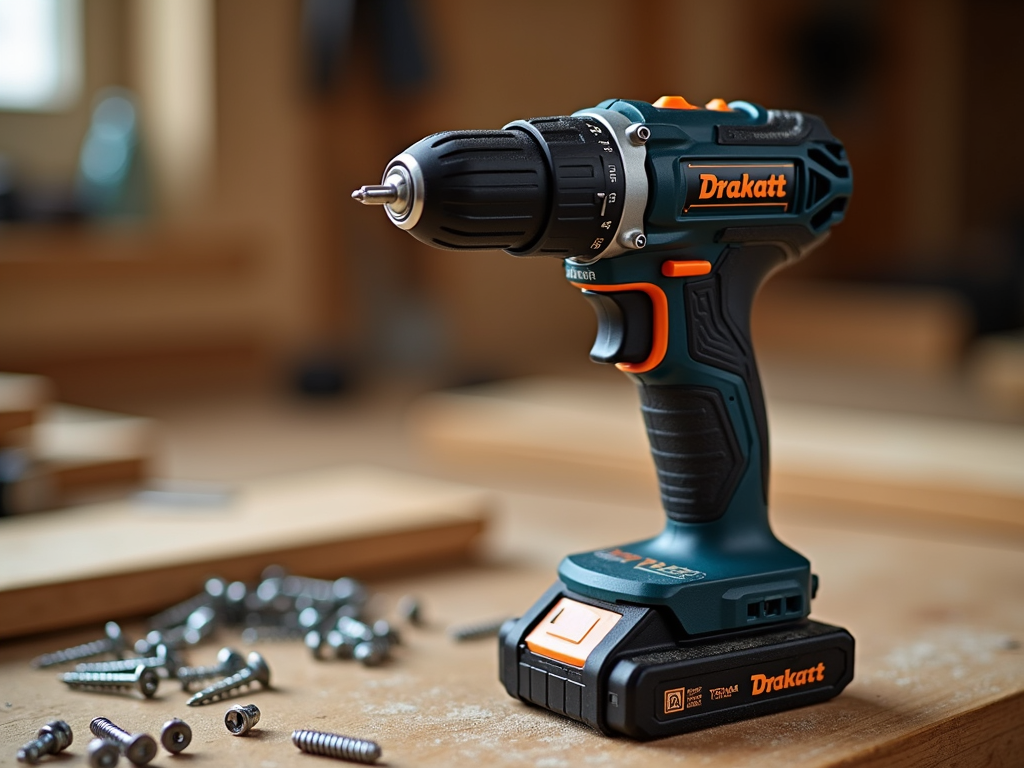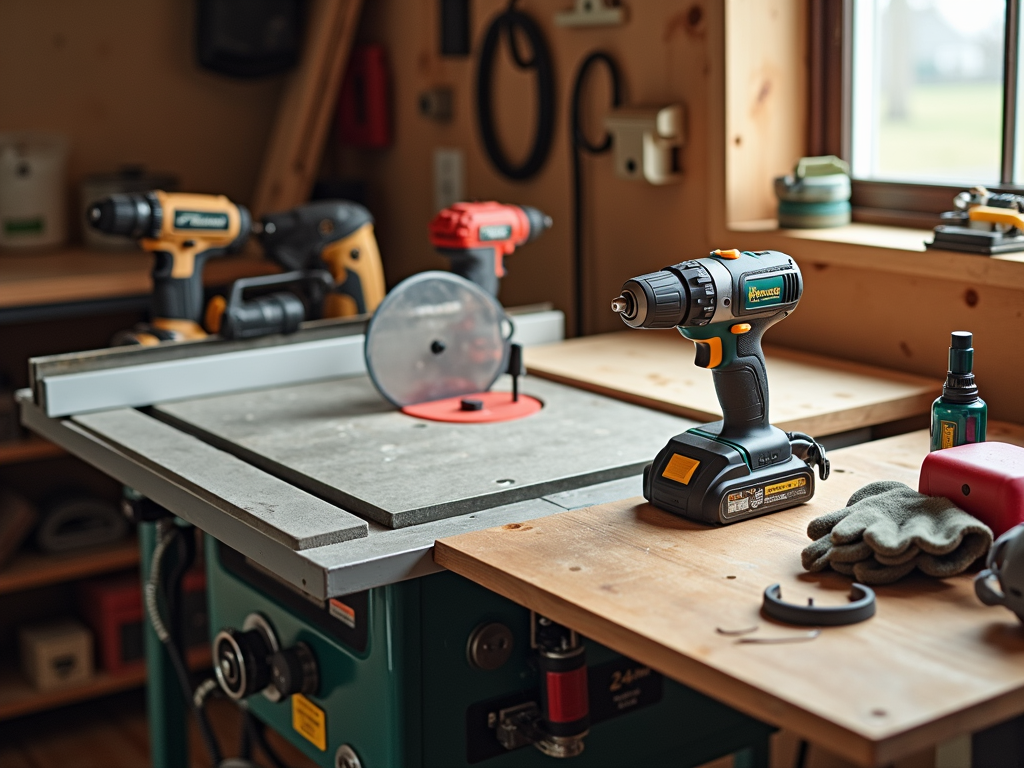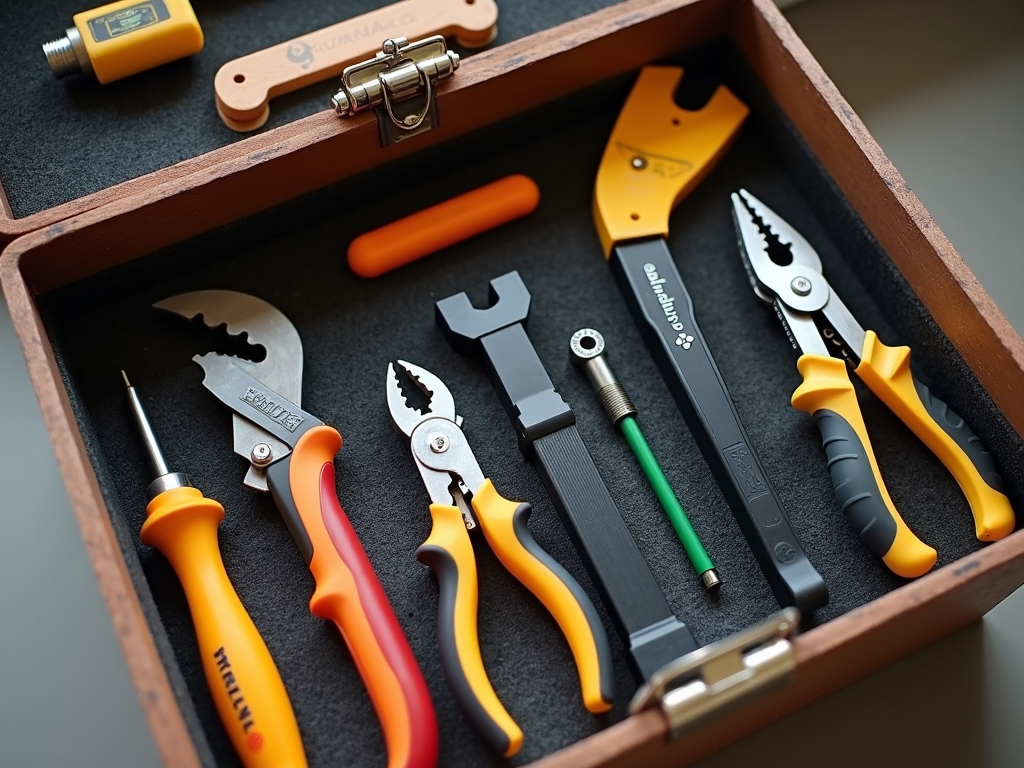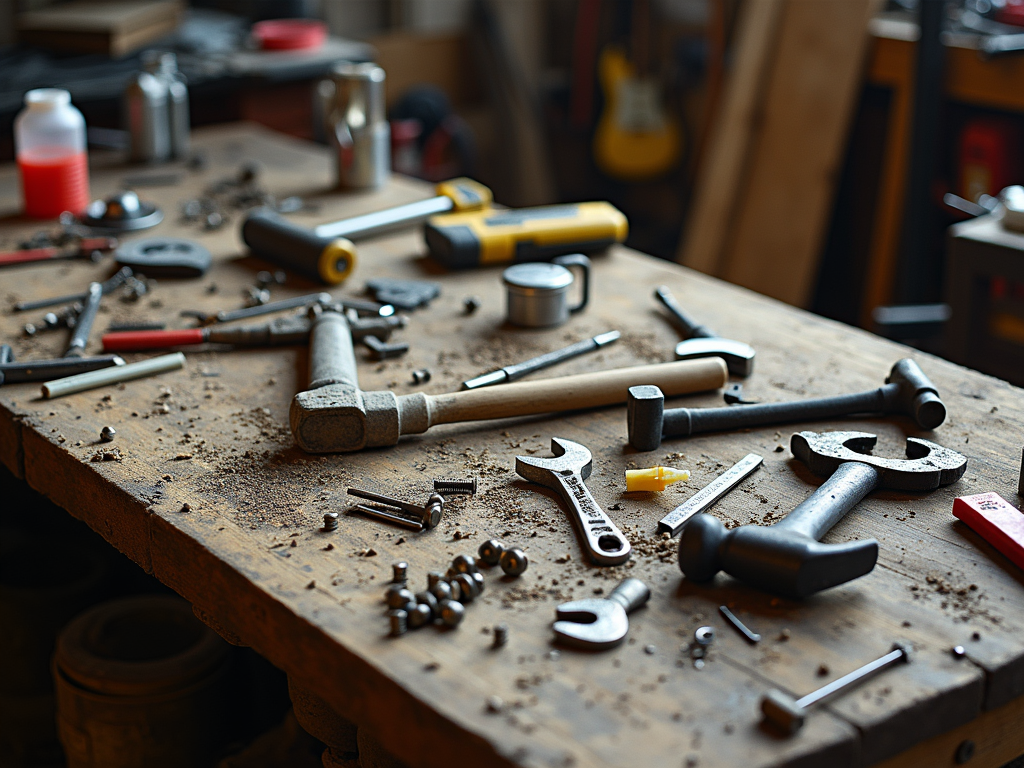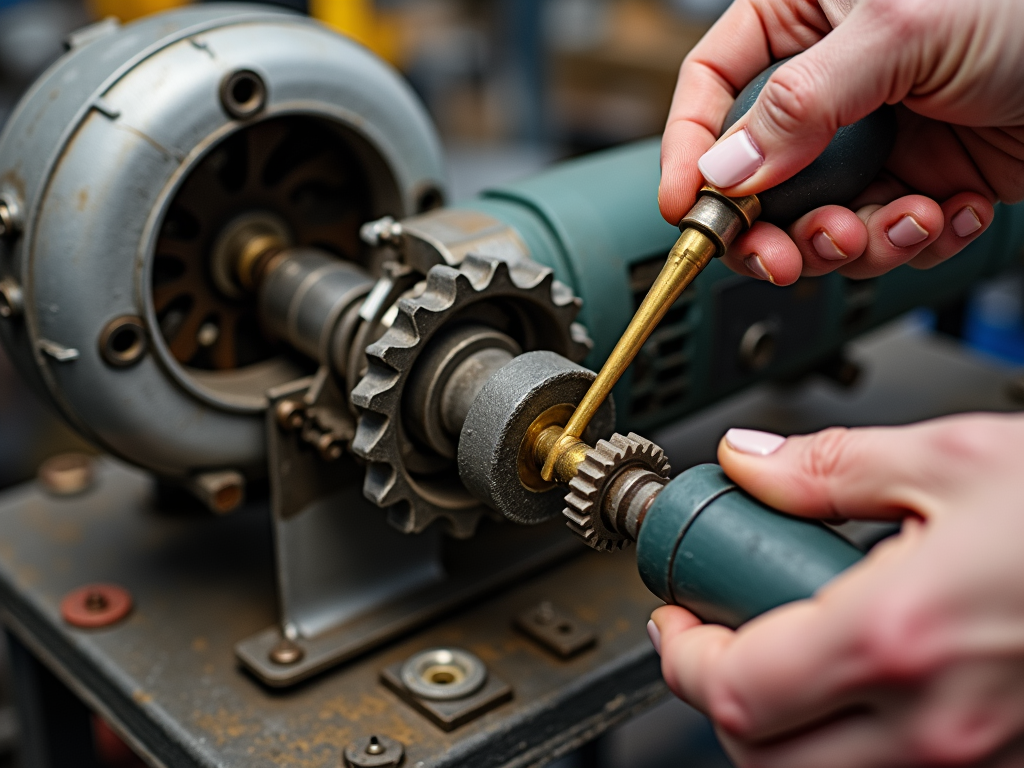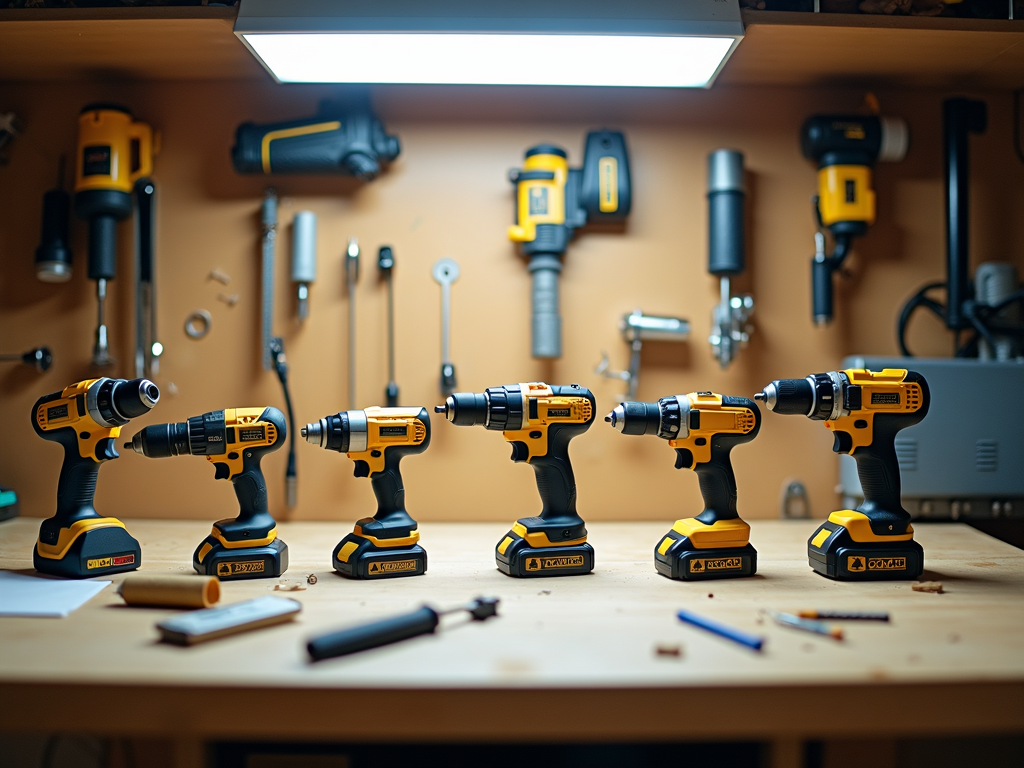Choosing between electric and gas power washers can be tricky. Each type has its own strengths and weaknesses, and the best choice depends on your specific needs. Electric power washers are generally quieter, easier to maintain, and better for light tasks, while gas power washers offer more power and mobility for heavy-duty jobs. In this article, we'll explore the key differences to help you make an informed decision.
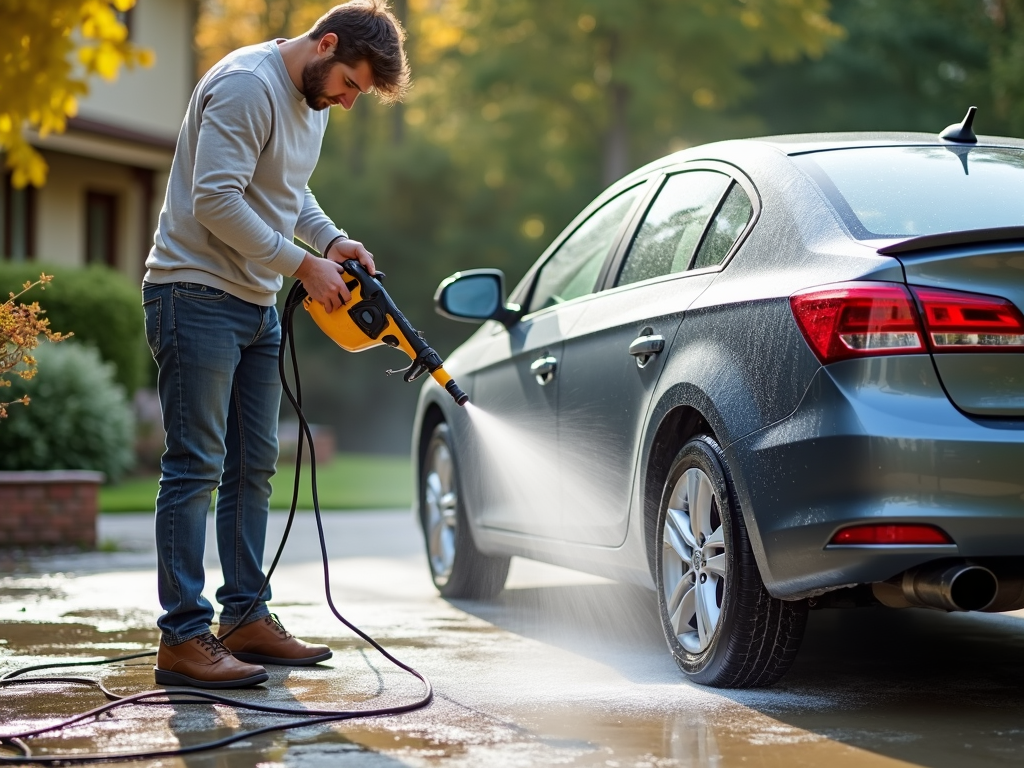
Performance: Power and Efficiency
When it comes to performance, gas power washers usually have the upper hand. They typically offer higher pressure, measured in pounds per square inch (PSI), and a greater flow rate, measured in gallons per minute (GPM). This makes them ideal for tough jobs like cleaning large driveways, removing paint, or tackling heavy grime. For example, a gas power washer might have a PSI of 3000 and a GPM of 2.5, while an electric model might only reach 2000 PSI and 1.5 GPM.
However, for lighter tasks like washing cars, patio furniture, or small decks, an electric power washer is often sufficient. They provide enough power for these jobs without the extra noise and maintenance that come with gas models.
Cost: Initial Investment and Ongoing Expenses
Electric power washers are generally more affordable upfront. You can find a decent electric model for around $100 to $200, while gas models often start at $300 and can go up to $500 or more. Additionally, electric power washers have lower operating costs since electricity is usually cheaper than gas. They also require less maintenance, which can save you money in the long run.
On the other hand, if you have frequent, heavy-duty cleaning tasks, a gas power washer might be more cost-effective over time. Their higher efficiency can make up for the initial investment, especially if you're using it regularly.
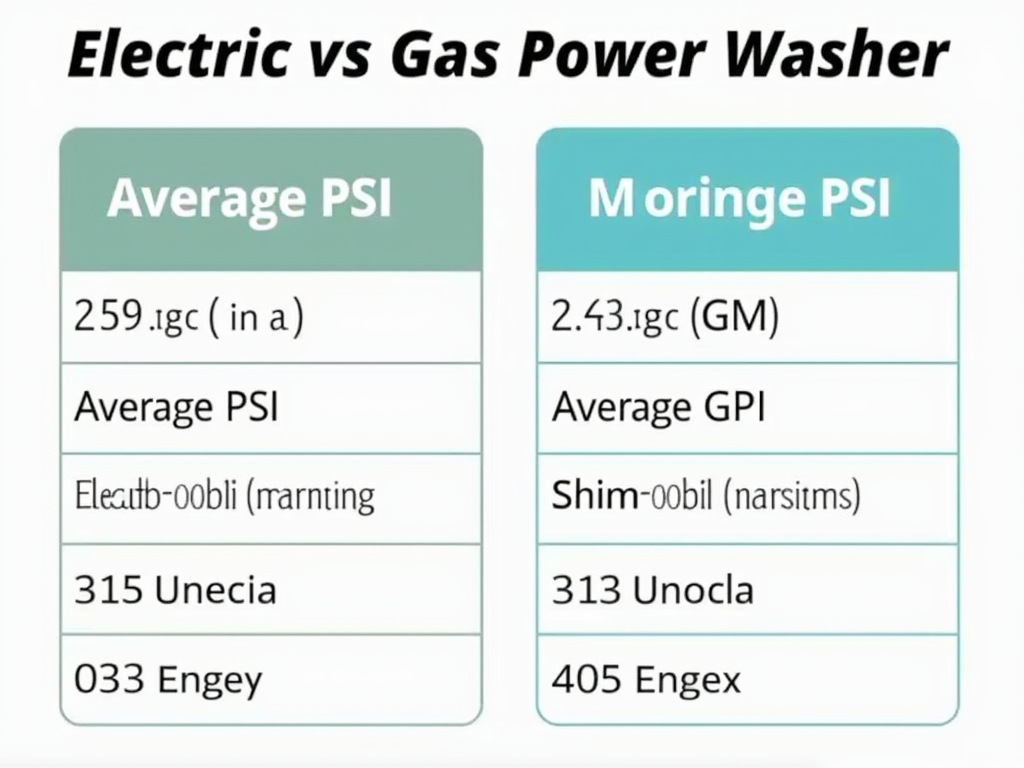
Maintenance: Keeping Your Power Washer in Top Shape
Maintenance is a crucial factor to consider. Electric power washers have fewer moving parts, which means there's less that can go wrong. They're also easier to store since you don't have to worry about fuel stabilization or oil changes. Common issues with electric models include clogged nozzles or worn-out hoses, which are relatively easy to fix.
Gas power washers, however, require more upkeep. You'll need to change the oil regularly, replace spark plugs, and ensure the fuel system is clean. If you're not comfortable with these tasks, you might need to take your gas power washer to a professional for maintenance, which can add to the cost.
Environmental Impact: Emissions and Noise
If you're concerned about the environment, electric power washers are the clear winner. They produce no emissions at the point of use, making them cleaner, especially if your electricity comes from renewable sources. They're also much quieter, which is a big plus if you live in a neighborhood with noise restrictions.
Gas power washers, on the other hand, emit exhaust fumes and are significantly louder. This can be a drawback if you're working in a residential area or if you're sensitive to noise. However, some newer gas models are designed to be more fuel-efficient and produce fewer emissions, so it's worth checking the specifications if this is a concern for you.
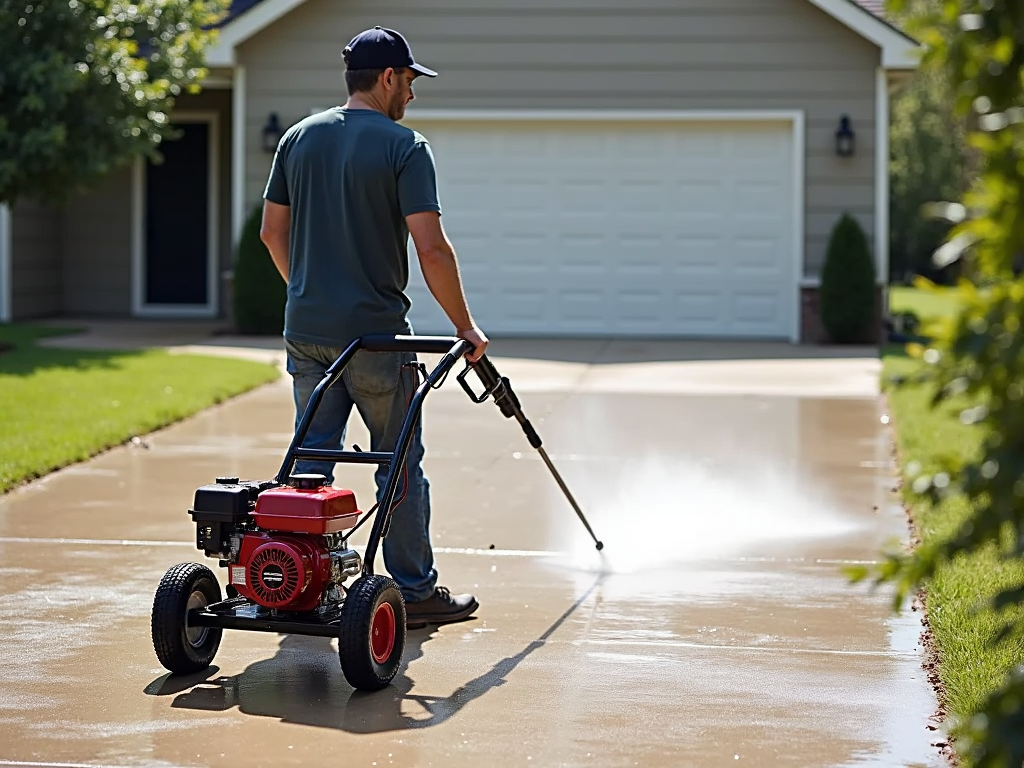
Convenience: Portability and Ease of Use
Convenience is another important consideration. Electric power washers are lighter and easier to maneuver, making them ideal for smaller tasks or for users who might struggle with heavier equipment. They can be used anywhere there's a power outlet, but you'll need to be mindful of the cord length and access to electricity.
Gas power washers are more portable in the sense that they don't need to be plugged in, which is great for outdoor tasks where power outlets are scarce. However, they're heavier and bulkier, and you'll need to carry fuel with you. They also require more effort to start, as you might need to pull a cord to get the engine going.
Personal Insights: A Real-World Example
Last summer, I needed to clean my deck, which was covered in mildew and grime. I decided to use a gas power washer because of its higher power, and it did the job quickly and effectively. However, the noise was a bit much for my quiet neighborhood, and I had to be careful with the fuel to avoid spills. If I had to do it again, I might consider an electric model for smaller tasks like cleaning patio furniture, where the extra power isn't necessary, and the quieter operation would be a bonus.
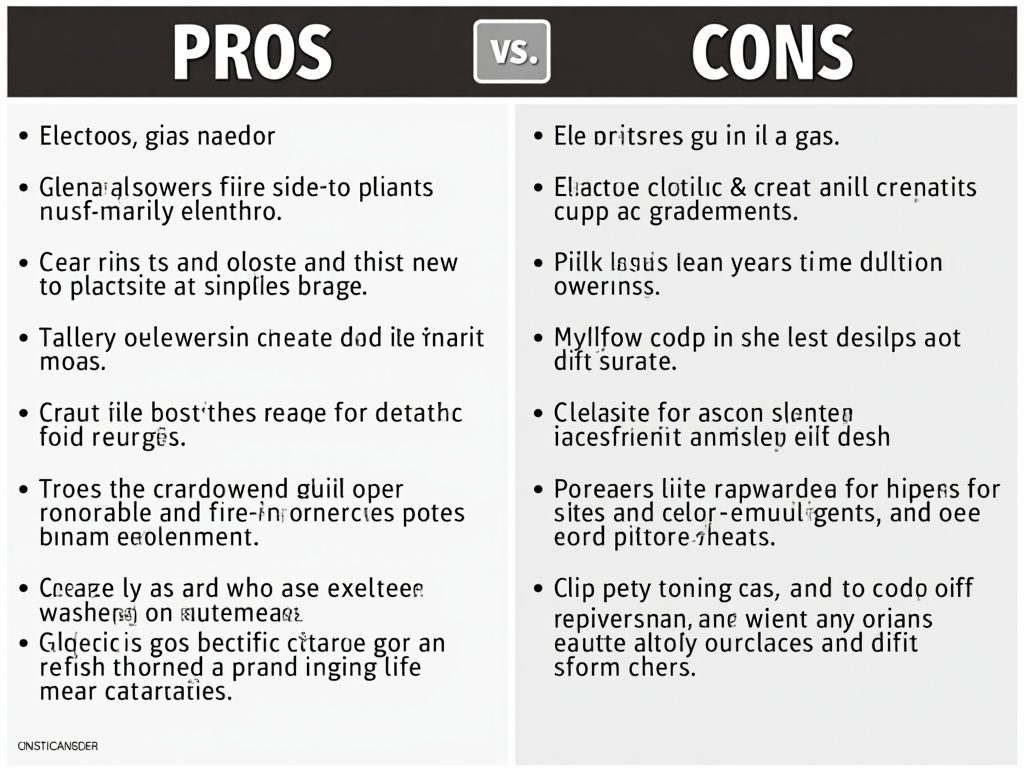
Summary: Making the Right Choice
In the end, the choice between electric and gas power washers comes down to your specific needs. If you're looking for a machine for light to medium tasks, value quiet operation, and want something easy to maintain, an electric power washer is likely the best fit. However, if you need more power for heavy-duty jobs, don't mind the extra maintenance, and need the mobility that comes with a gas model, then a gas power washer might be worth the investment.
Consider your budget, the types of tasks you'll be tackling, and your comfort level with maintenance when making your decision. Both types have their place, and the right choice will depend on what you value most in a power washer.
Related Electric vs. Gas Power Washers: Which Wins?:
- Top 5 Electric Power Washers for Home Use
- How to Maintain Your Power Washer for Longevity
- Rotary Tools for Jewelry Making: A Comprehensive Guide
- The Ultimate Guide to Power Tool Safety
- Care and Maintenance of Your Power Tools: A Guide for Woodworking Enthusiasts
- Key Features to Look for in Cordless Power Tools: Your Ultimate Guide
- A Beginner's Guide to Power Tools for Home Workshops: Essential Tools and Safety Tips
- The Complete Beginner’s Guide to Home Wiring
- Why Upskilling Matters in Automated Factories
- Organizing Your Workbench for Maximum Efficiency: A Comprehensive Guide
- How to Keep Your Power Tools Running Strong
- Keep Your Power Tools Running Strong: The Ultimate Guide to DIY Tools Maintenance
